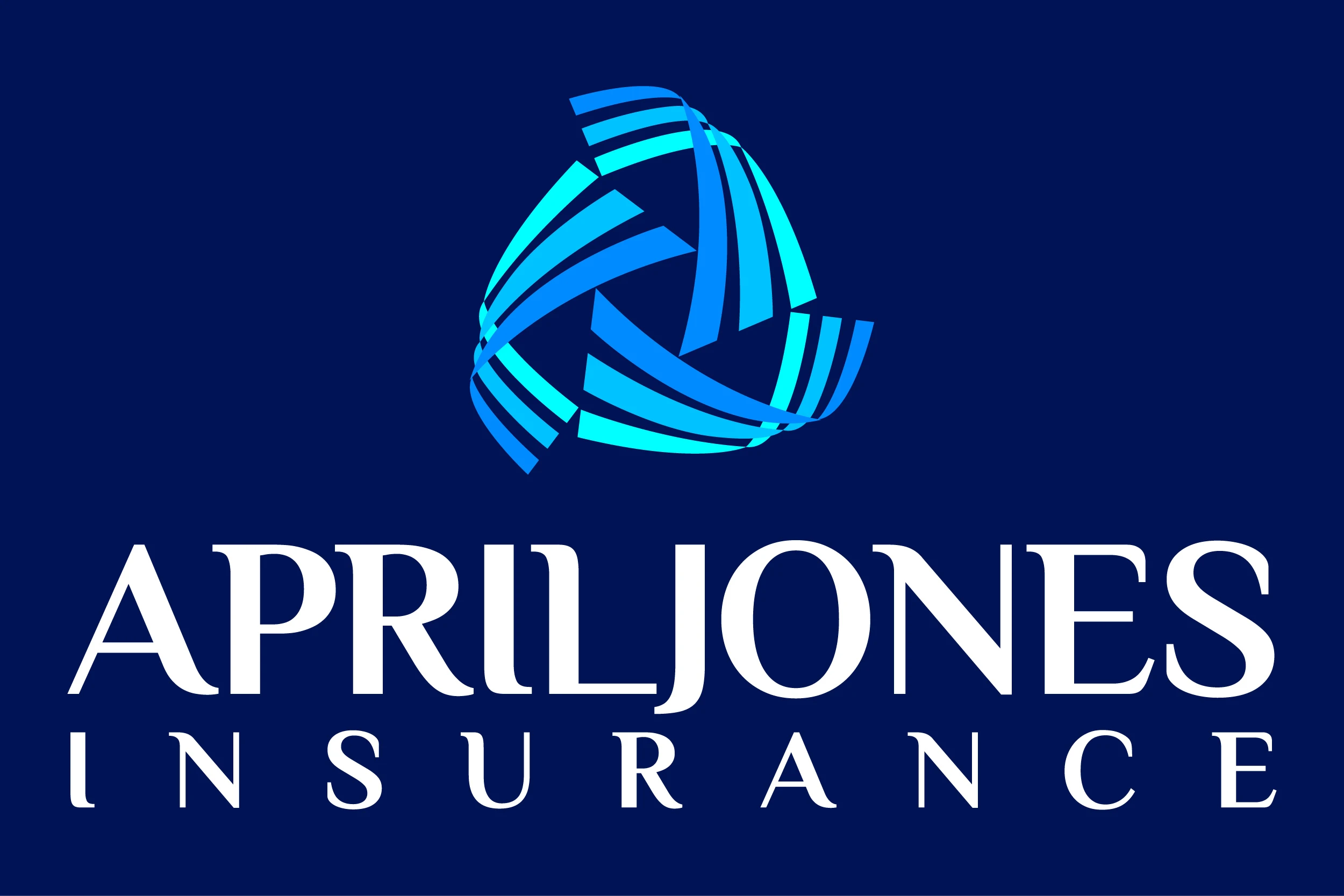What is a Flood Zone?
A flood zone is a geographic area that the Federal Emergency Management Agency (FEMA) has defined according to varying levels of flood risk. These zones are depicted on a community’s Flood Insurance Rate Map (FIRM) or Flood Hazard Boundary Map and each zone reflects the severity or type of flooding in the area.
Key Types of Flood Zones
1. Zone A: These are areas with a 1% annual chance of flooding (also known as the 100-year flood zone). They are the most common flood zone on the maps and do not have detailed hydraulic analysis.
2. Zone AE: These areas also have a 1% annual chance of flooding, but unlike Zone A, they do have detailed hydraulic analysis. The base flood elevations derived from the detailed analyses are shown at selected intervals within this zone.
3. Zone V: These are coastal areas with a 1% or greater chance of flooding and an additional hazard associated with storm waves. These areas have a more significant risk of property damage from floods.
4. Zone X: These areas have a moderate risk of flooding, with a 0.2% annual chance of a flood event (also known as the 500-year flood zone).
How Do Flood Zones Impact Your Insurance?
Flood zones play a significant role in determining the cost of your flood insurance. If you live in a high-risk zone (like Zones A, AE, or V), you’ll likely pay a higher premium for flood insurance than someone living in a moderate-to-low risk zone (like Zone X).
It’s important to note that standard homeowners insurance policies do not cover flooding. You’ll need a separate flood insurance policy to protect your home and belongings from flood damage. If you live in a high-risk flood zone and have a mortgage from a federally regulated or insured lender, you’re required to have flood insurance.
In conclusion, understanding your home’s flood zone is crucial in assessing your flood risk and ensuring you have adequate insurance coverage.
As always, our experienced insurance agents are here to help you understand your coverage options and find the best policy for your needs. Contact us today to learn more!
